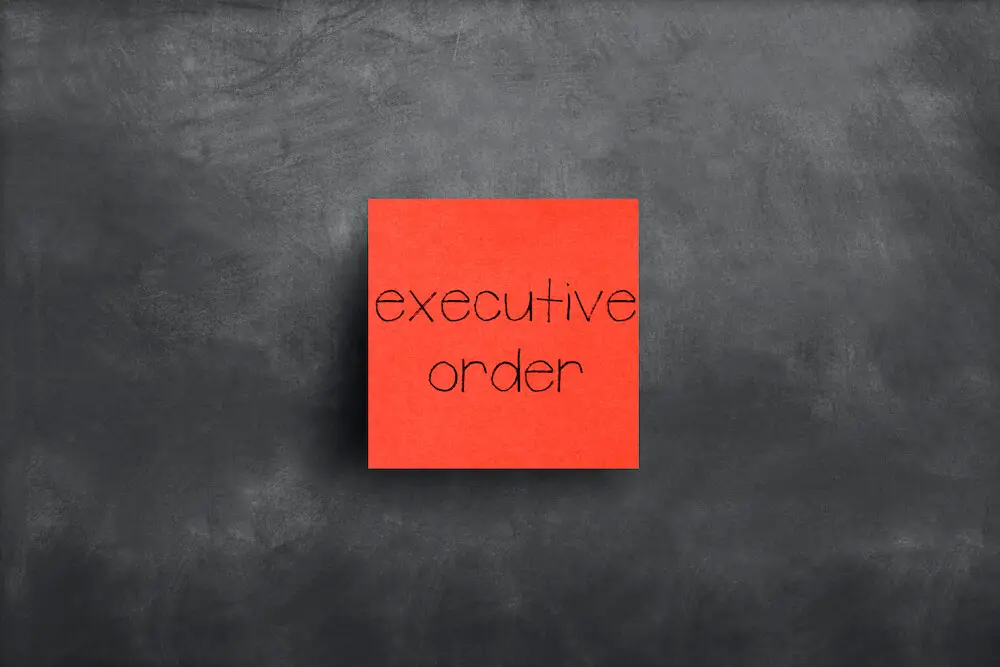Hello to all who have read my FedSmith articles in the past, and welcome to new readers! As you may know, I served about a year as a member of the Federal Service Impasses Panel (FSIP). I previously wrote for FedSmith for about 15 years and look forward to doing so again.
Labor Relations in a Biden Administration
I’ve been trying to get a handle on what the new labor policy might be in President Biden’s administration and got quite a surprise.
In the Biden-Harris Campaign literature, there’s a section titled: “The Biden Plan For Strengthening Worker Organizing, Collective Bargaining, and Unions.”
Within the plan, there’s a specific section addressing the federal workforce which reads as follows:
Reinstate and expand protections for federal employees. The federal government should serve as a role model for employers to treat their workers fairly. Yet, Trump has gutted the ability of federal employees to collectively bargain, stripped them of their union representation, and made it easier to fire federal employees without “just cause.” On Biden’s first day in office, he will restore federal employees’ rights to organize and bargain collectively and will direct his agencies to bargain with federal employee unions over non-mandatory subjects of bargaining.“(My Emphasis)
What are non-mandatory subjects of bargaining?
They include “permissive subjects” laid out in 5 US Code 7106(b)(1):
(b)Nothing in this section shall preclude any agency and any labor organization from negotiating— (1) at the election of the agency, on the numbers, types, and grades of employees or positions assigned to any organizational subdivision, work project, or tour of duty, or on the technology, methods, and means of performing work;
In addition, over the years, at least some Federal Labor Relations Authorities (FLRA) have ruled that the following are non-mandatory subjects of bargaining:
- Personnel policies, practices and working conditions of employees not included in a bargaining unit represented by a union. These include:
- Supervisors and managers
- Management officials
- Personnel specialists performing other than routine clerical work
- Confidential employees
- Any employee engaged in intelligence, counterintelligence, investigative, or security work which directly affects national security
- Any employee primarily engaged in investigation or audit functions relating to the work of individuals employed by an agency whose duties directly affect the internal security of the agency, but only if the functions are undertaken to ensure that the duties are discharged honestly and with integrity
- Professional employees if not included in a unit by a separate vote
- Non-employees
- Matters that have previously determined not to be personnel policies practices or working conditions of bargaining unit employees.
- Agreements to bargain below the level of the agency at which bargaining between the agency and the union is required – also known as the “level of recognition.”
- Matters involving the creation of civilian rights and privileges to otherwise military benefits such as the use of base exchanges, commissaries, clubs.
Does the Direction Really Mean What It Appears To?
To answer this question, it’s worth a look at the Federal Labor Relations Authority’s (FLRA) Guide to Negotiability Under the Federal Service Labor-Management Relations Statute dated June 17, 2013.
The guide discusses Agency obligations to bargain in the permissive area (Section 1.7); what constitute “conditions of employment” and bargaining requirements (Section 4.2); and the nature of management rights (Section 4.3).
Also discussed are “appropriate arrangements” (Section 4.3(c)(5)). This section directly affected the Management Rights provisions by virtue of the rulings of the Obama Authority from 2009-2017. If the Direction is interpreted broadly, then virtually any union proposal in a management rights area would be an appropriate arrangement and bargainable.
Chairman DuBester is probably the most liberal and union friendly member ever to sit on the FLRA. That’s not a shot, just the plain truth. Based on the expansive language of the President’s Directive and the language of Chairman Dubester’s many dissents over the last four years, we will surely see a substantial move in the unions’ favor in Federal labor relations.
Whether the “Biden Plan” is as expansive as it appears will play out over the next few years. Both Presidents Clinton and Obama appeared at first to be very liberal in labor relations but by their second terms appeared to grow less passionate in their love affairs with Federal unions. The first test may be the status of agreements made subject to President Trump’s executive orders, but more to come on that as we go forward.
As in the past, all of the above to the extent it offers an opinion is mine and not the responsibility of anyone else.





